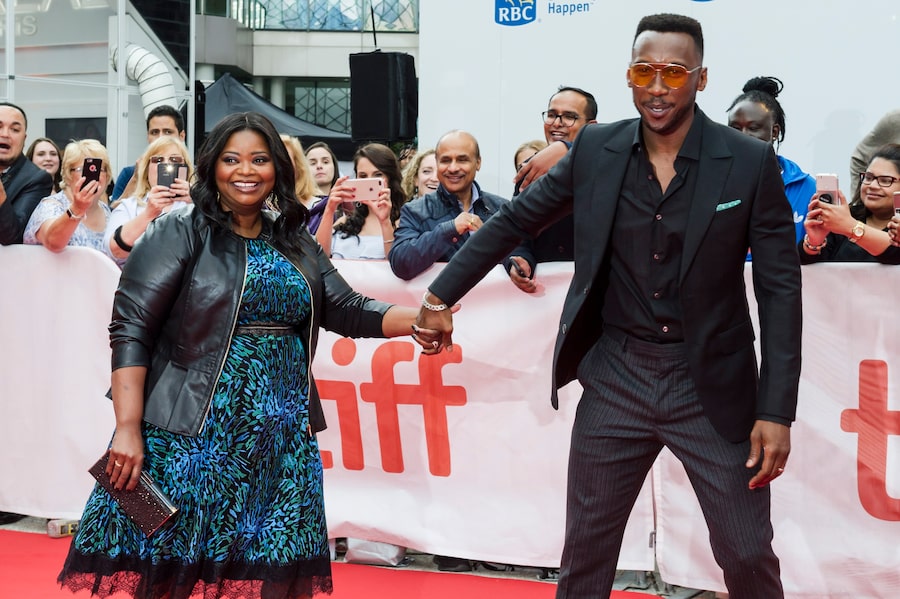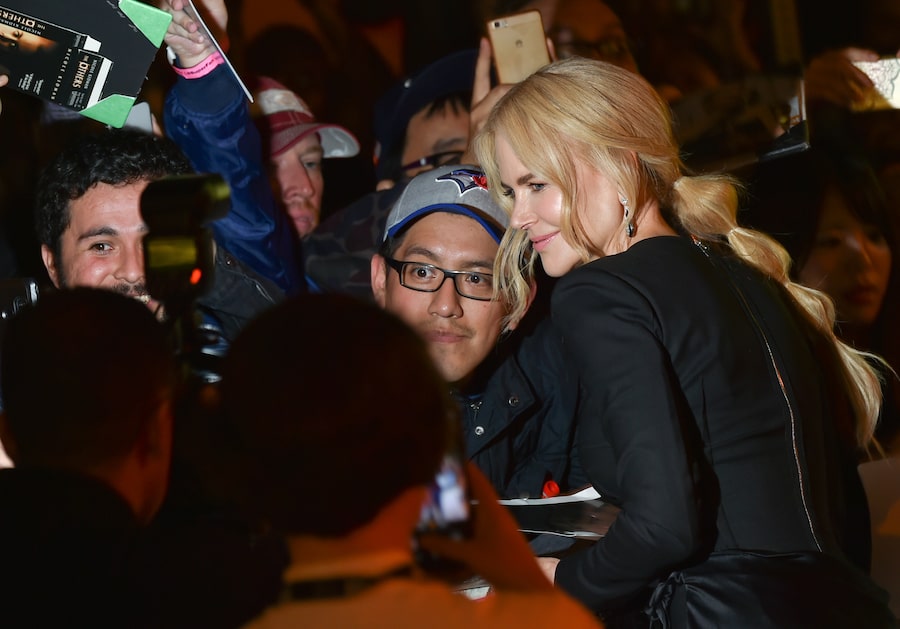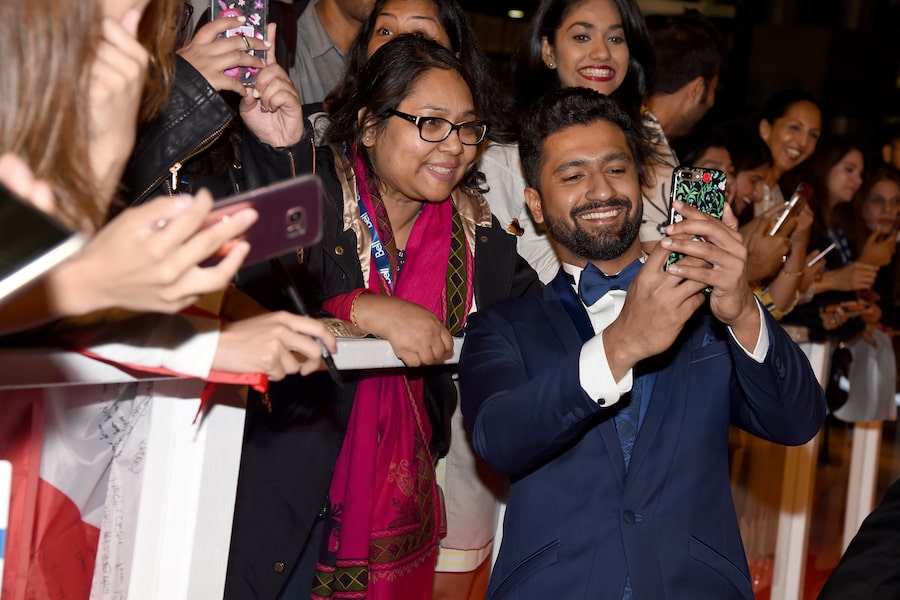“What’s good?” In the waning days of the Toronto International Film Festival, when the U.S. media have flown the coop and the highest-profile films have screened, that is the only question that matters. Well, that and, “How many burritos can I eat before my body is simply one big burrito?”
But disturbing medical queries aside, what the industry needs to know at this point is what’s the buzz, who are the winners, who are the losers – what is TIFF going to be remembered for this year?
Last fall, TIFF felt like an organization in damage-control mode, with long-time CEO Piers Handling announcing his retirement days before the festival kicked off, and a lineup that was deliberately slimmer than previous years. The 2017 edition proved to be a good-sure-fine-enough TIFF, with the festival helping mold the Oscar campaigns for The Shape of Water, Three Billboards Outside Ebbing, Missouri, and Lady Bird, and boosting the profile of art-house efforts such as The Florida Project. But TIFF stumbled with its world premieres – all the aforementioned titles played competing festivals, such as Venice, Telluride and Cannes, before heading to Toronto, while “exclusive to TIFF” films included the you’ve-never-heard-of-'em Kings, Woman Walks Ahead, and Submergence. Its opening-night selection, Borg vs. McEnroe, was baffling. And it struggled with basic issues, such as crowd control.
For 2018, TIFF needed a comeback – a reminder that Toronto is the premiere North American destination for cinema that matters, and any doubters could (politely, we’re in Canada) shut up please and thanks.
And, perhaps surprisingly, TIFF got it.
Read more: The Globe’s guide to TIFF 2018 movies
A cursory glance at TIFF’s slate of world premieres confirms this year’s festival as its strongest in years. Widows, If Beale Street Could Talk, The Hate U Give, Gloria Bell, Mid90s, and the sleeper crowd-pleaser Green Book have all earned near-universal praise from critics, and plenty of early (too early, but that’s another story) Oscar chatter. While not anywhere close to an awards contender, David Gordon Green’s Halloween will go down as one of the great all-time Midnight Madness world premieres. In a programming coup for the ages, Claire Denis’s High Life revealed itself as a mind-melter of historic proportions, even though the Academy Awards will never go near it (their loss).
And although they debuted elsewhere, TIFF could – and will – handily take credit for launching sure-thing hits A Star Is Born, First Man, Boy Erased, and Roma into the zeitgeist. Expect either A Star Is Born or First Man to take TIFF’s coveted Oscar bellwether People’s Choice Award, mostly because respective studios Warner Bros. and Universal pushed those films on festival attendees as hard as the cannabis marketers took, and toked, over Festival Street. (Warner also took the unprecedented step of adding nine separate invite-only press screenings for A Star Is Born, and then throwing one of the biggest after-parties of the festival, complete with Dave Chappelle leading his own mini-block party inside the city’s historic Concert Hall.)
While this isn’t proving to be a strong sales year – there’s no I, Tonya-sized deal like last year’s approx. US$5-million Oscar-primed acquisition – there is a steady market thanks to purchases of the wonderfully weird Vox Lux by Neon, Canadian director Kim Nguyen’s The Hummingbird Project by the Orchard, and the quite awful (but hey, it’s their money) thriller Greta by Focus Features.
Foreign-language works, such as Transit, Burning, Shoplifters and the near-transcendent 3-D spectacle of Long Day’s Journey Into Night, reinforced TIFF’s global bona fides. Even the Canadian titles – yes, those! – blazed a fiery path through, with overwhelming buzz and reviews fuelling Firecrackers, Anthropocene, and Mouthpiece, the latter of which debuted opening night, albeit away from the official kick-off glitz of Roy Thomson Hall.
Which brings us to where TIFF has room for improvement.
Opening night continues to confound organizers, with this year’s Outlaw King generating more discussion about its studio Netflix than the film itself (having premiered just last Thursday, it already seems like a distant memory from a long-ago land). Consider that Venice kicked off with the masterpiece First Man while New York will open this month with the acclaimed Yorgos Lanthimos drama The Favourite, and TIFF’s choice can’t help but pale in comparison.
Despite the festival keeping true to its word of a leaner program – it hit 255 features this year, 14 per cent fewer films than 2016 – it still contains a gluttonous amount of filler. It’s not hard to imagine how celebrity-heavy titles, such as A Million Little Pieces, Life Itself, Jeremiah Terminator LeRoy, Teen Spirit, The Public, Viper Club, and the aforementioned Greta got into Toronto, but the consensus proves they are generic at best, painful time- and money-wasters at worst. (This especially stings given TIFF’s rising ticket prices, which hit the unconscionable $82 mark this year.)
Once TIFF can shake its addiction to any mid-tier marquee name willing to walk its red carpet late in the week, the festival might feel less like a calculated gamble, and more a solid run of sure-things.
And then the eternal question of “What’s good?” will be easier than ever to answer: damn near everything.








 Barry Hertz
Barry Hertz